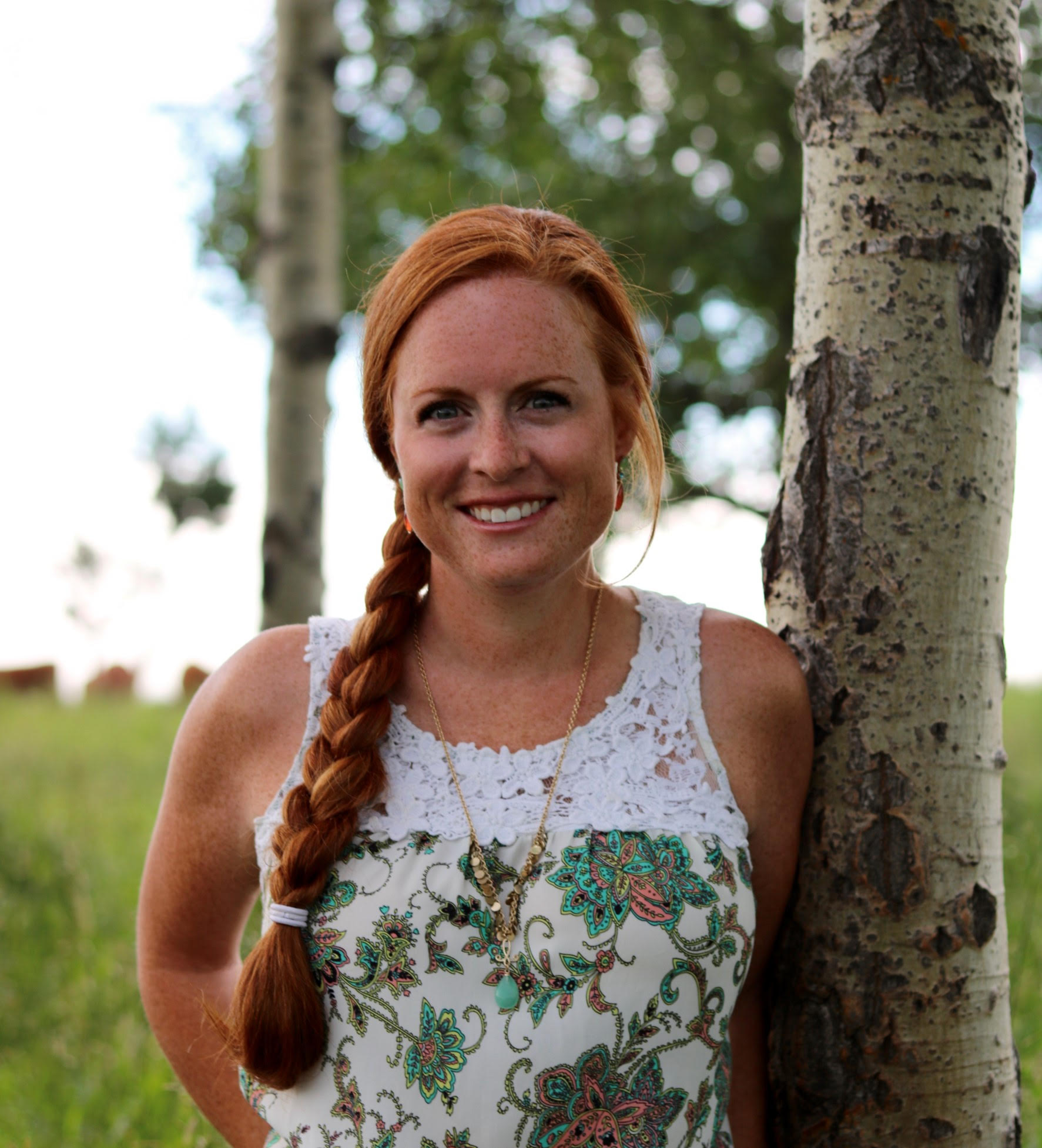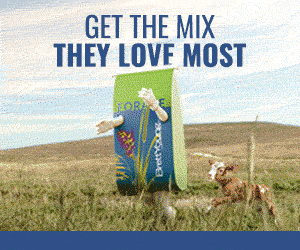AB Direct - Steers
Rail: 530.00-535.00 del
AB Direct - Heifers
Rail: 530.00-535.00 del
US Trade- Steers
Rail: 382.00-384.00 (NE, IA)
US Trade - Heifers
Rail: 382.00-384.00 (NE, IA)
Canadian Dollar
0.20
Top trends over 10 years
Looking through the windshield of a vet truck
At Veterinary Agri-Health Services, we start every fall run with the notion, “It’s going to be interesting!” With drought plaguing the prairies and $9 barley, this year is guaranteed to exceed expectations. Nevertheless, calves are steadily making their way into the yards and many of us are excited for the long-awaited organized chaos that is upon us.
As ambulatory veterinarians, we spend the majority of our fall days peering through our windshield, albeit often cracked. However, it’s important to occasionally stop and take some time to peek in the rear-view mirror. Here’s our perspective on 10 trends we’ve seen over the past decade:
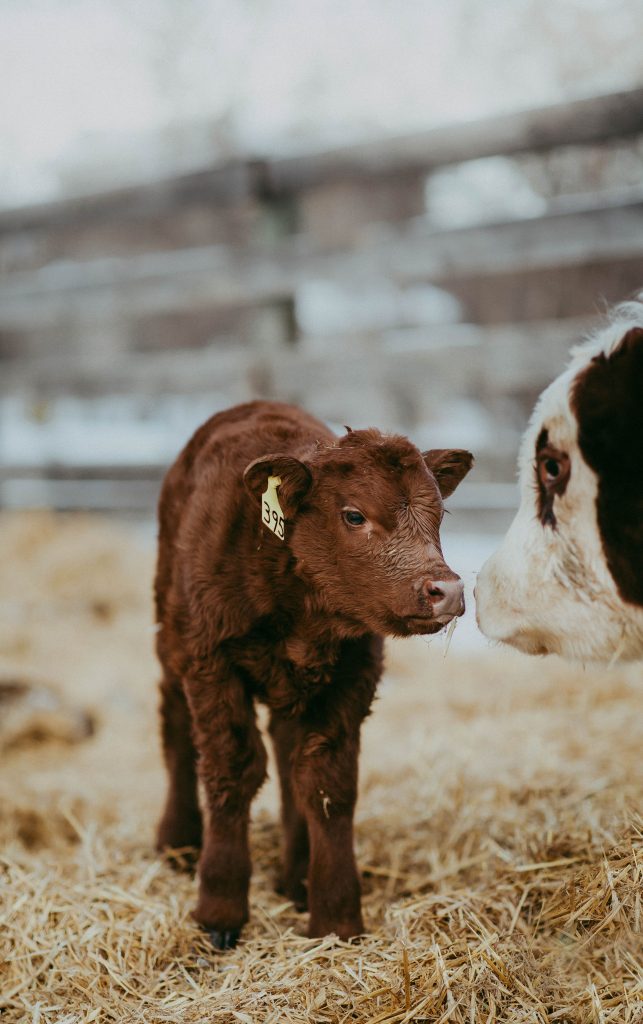
1. Aligning with Mother Nature for healthier calves
Each year, our cow herds continue to experience consolidation and calving season start dates continue to be pushed back. These true spring-calving herds align more closely with “mother nature” thereby lowering maintenance requirements and overwintering costs for our gestating cows. The resulting spring and summer born calves are healthier than ever with very few requiring assistance at birth.
2. Implementing management strategies
Implementation of management strategies such as the Sandhills calving system have helped eliminate scour outbreaks in many of the herds we work with. As cow vets, we now spend far more time talking about prevention compared to treatment.
3. Enhancing vaccination protocols and preconditioning programs
Including the use of intranasal products, these programs have helped reduce the incidence of calfhood infectious diseases. Along those lines, there has been a decrease in the percentage of calves born persistently infected with BVD; a trend that benefits our entire industry.
4. Closing the gaps at the feedlot
On the feedlot side, the gap between age, size, and health status in fall-placed and winter-placed calves continues to narrow. We’ve made tremendous strides in understanding and improving feed efficiency and are finishing cattle at heavier endpoints than ever before.

5. Leading research and surveillance
Antimicrobial resistance is a growing concern; however, Canada is leading the charge in surveillance and research in an effort to better understand this complex issue. Emerging diseases that have now become mainstream in our feedlots include digital dermatitis and genetic-associated congestive heart failure. We’re finishing more black-hided cattle than ever before and within the past several years have seen an influx of Holsteins and dairy crosses into our feedlots, hailing from our neighbour to the south.
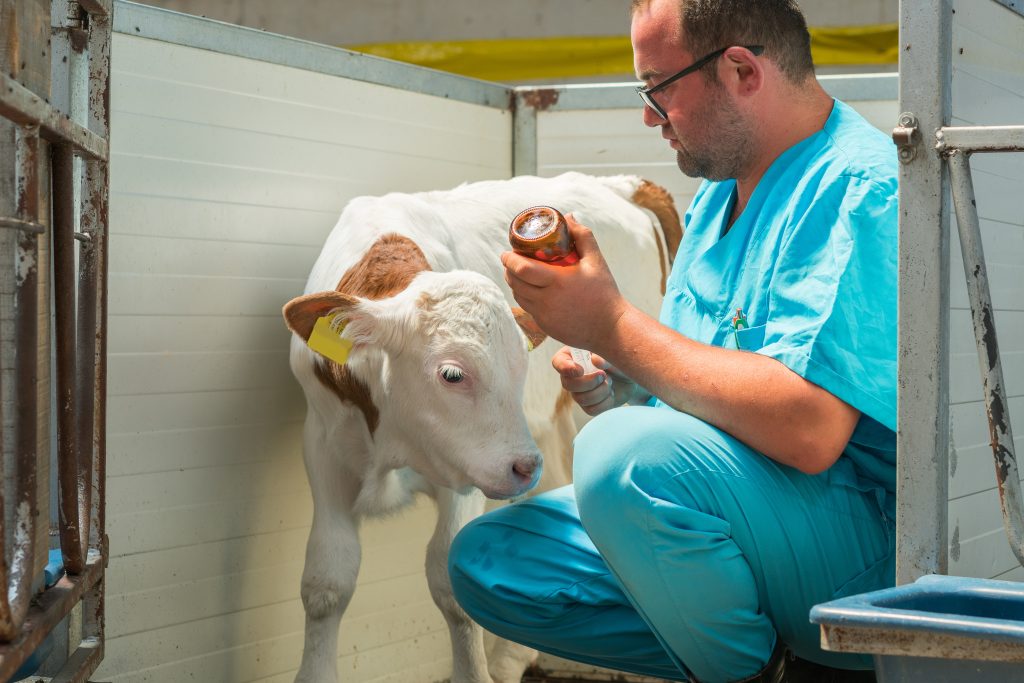
6. Specializing veterinary medicine
Similar to the field of human medicine, veterinarians are becoming more specialized and the “James Herriots” of the world are slowly disappearing. Our practices are shifting from traditional “firefighter” models to consulting models to match the progressive nature of the clients we serve.
7. Adopting telemedicine
There are concerns regarding the sustainability of our industry as fewer and fewer veterinary students are interested in careers in food animal production. However, our reach is extending further than ever with the rapid recent adoption of “veterinary telemedicine.”
8. Going virtual at the auctions
Many of our producers have also turned to virtual platforms. With each passing fall, we see a higher proportion of animals walking across our screens compared to walking through the auction barns.
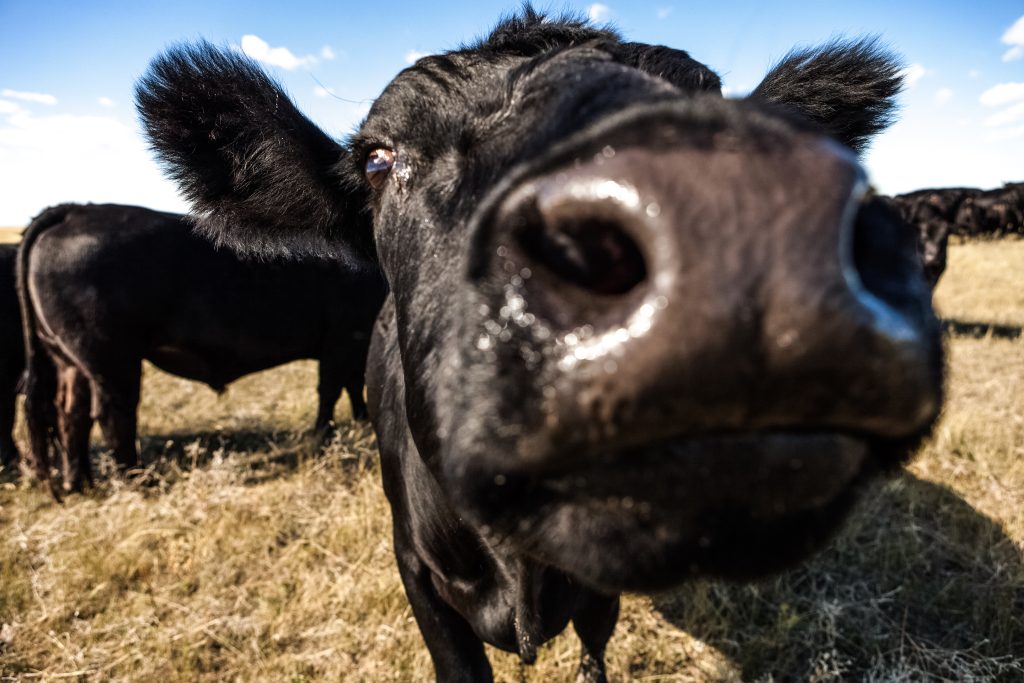
9. Becoming more data driven
Speaking of technology, our industry is collecting more data than ever before, far more than we know what to do with at the moment. Information is real-time and has the potential to move up and down the value chain, although implementing this technology and using it to its full potential is still in the works. A good-news story for us all, thanks to proper animal identification and data collection, is achievement of BSE negligible status for Canada by the OIE, which has the potential to remove trade barriers and increase market competitiveness.
10. Bovine respiratory disease remains a risk factor
Despite our health advances on the cow-calf side, incidence of bovine respiratory disease in the feedlot remains stagnant. High degrees of commingling at the point of sale and on-arrival at the feedlot, along with prolonged pen fill times, continue to be predominating risk factors.
As many of our ranchers, feedlot owners and managers, and veterinarians alike approach a generation turnover it’s important to remember the wise words from Maya Angelo, “You can’t really know where you’re going, until you know where you have been.” Here’s to a happy, healthy, and prosperous 2022 for all those in the Alberta beef industry and maybe a shiny new windshield for a select few.
This article was first published in Volume 1 Issue 4 edition of ABP Magazine (November 2021). Watch for more digital content from the magazine on ABP Daily.

